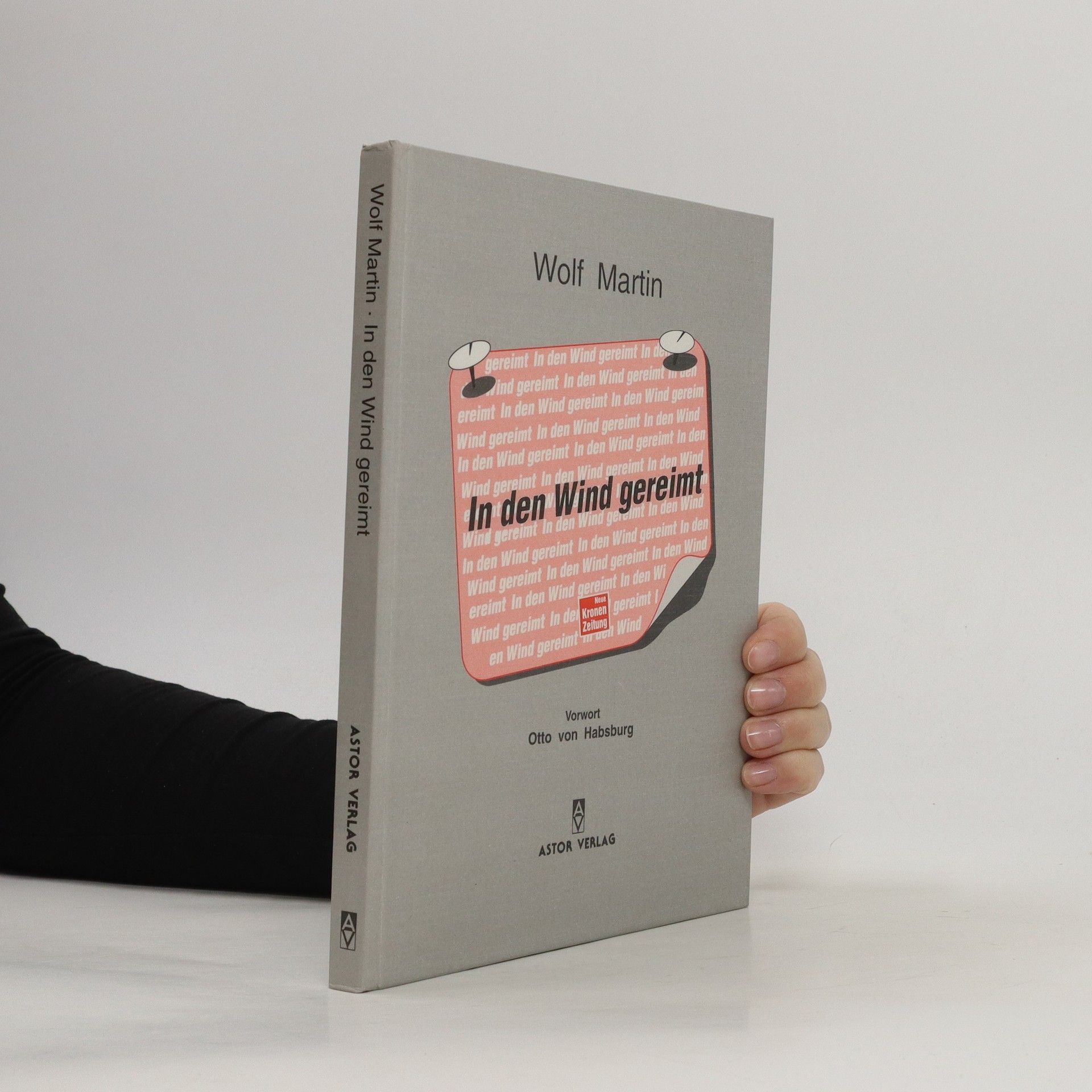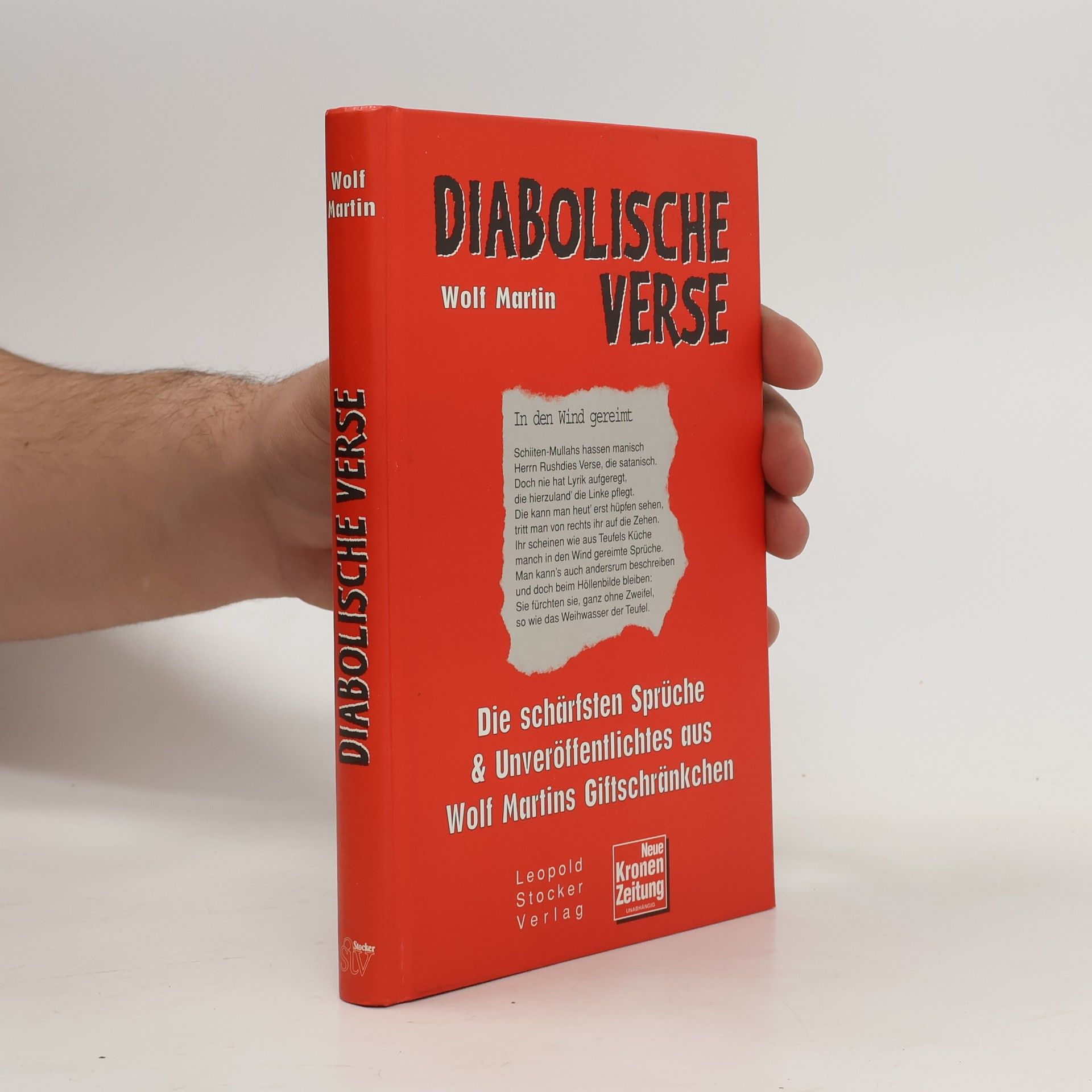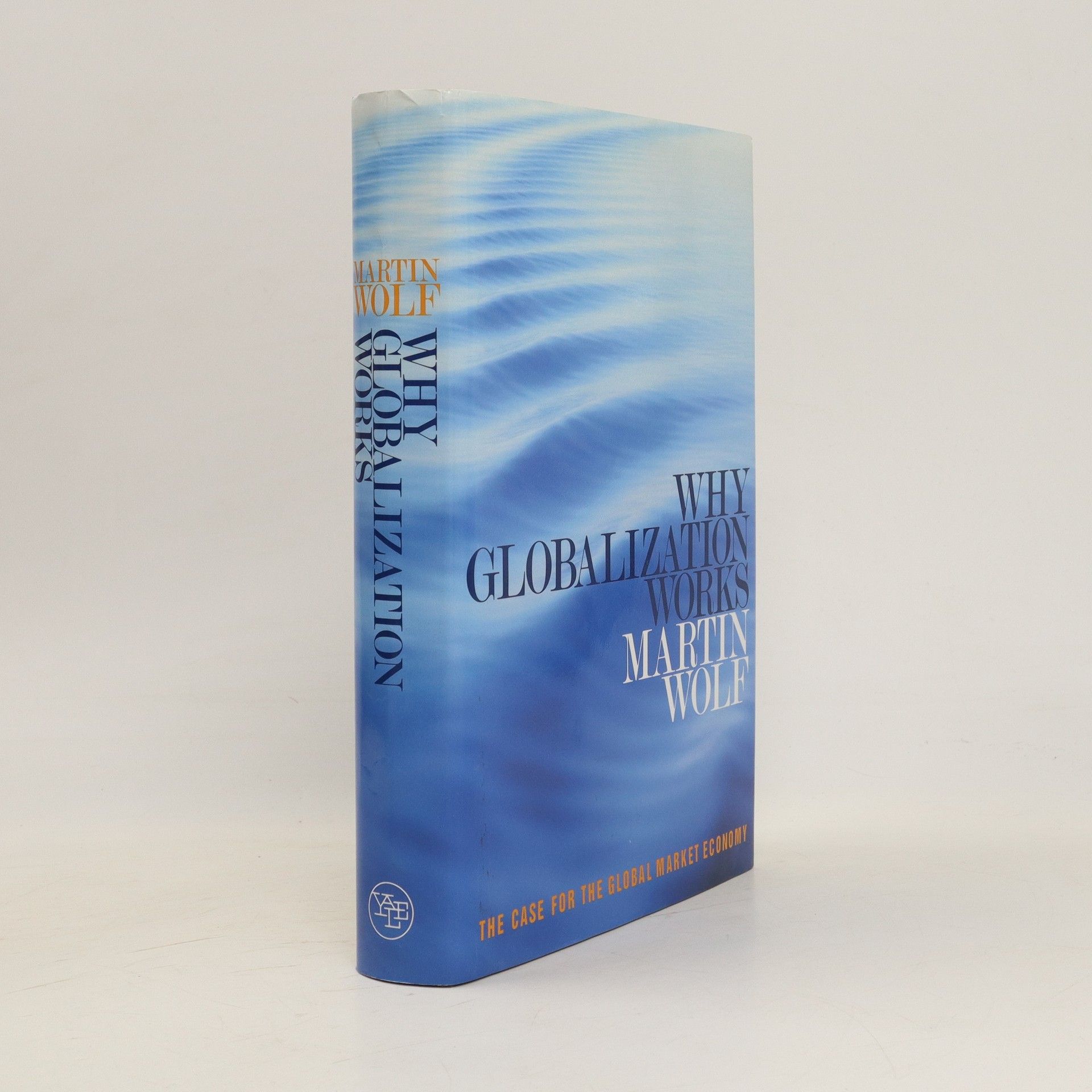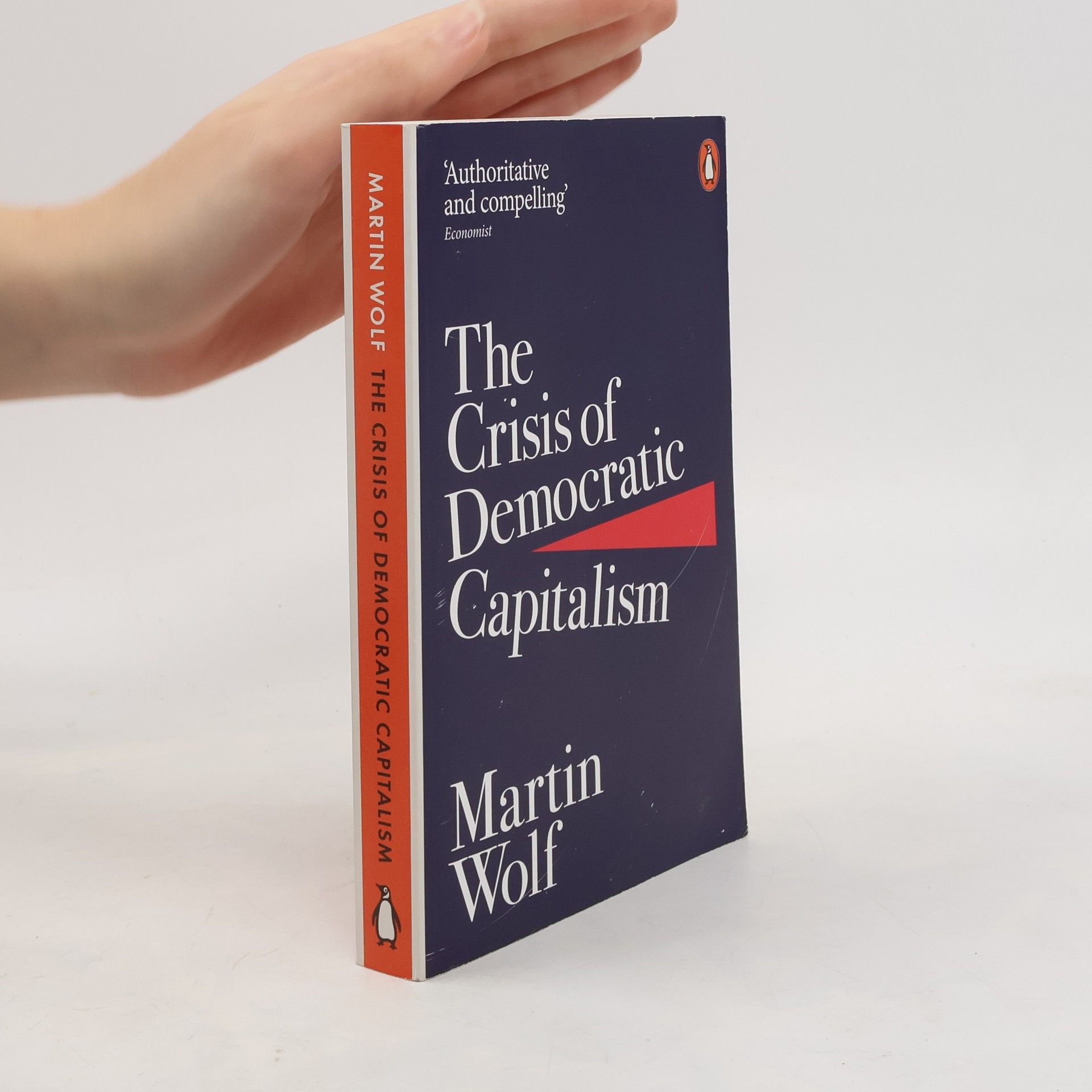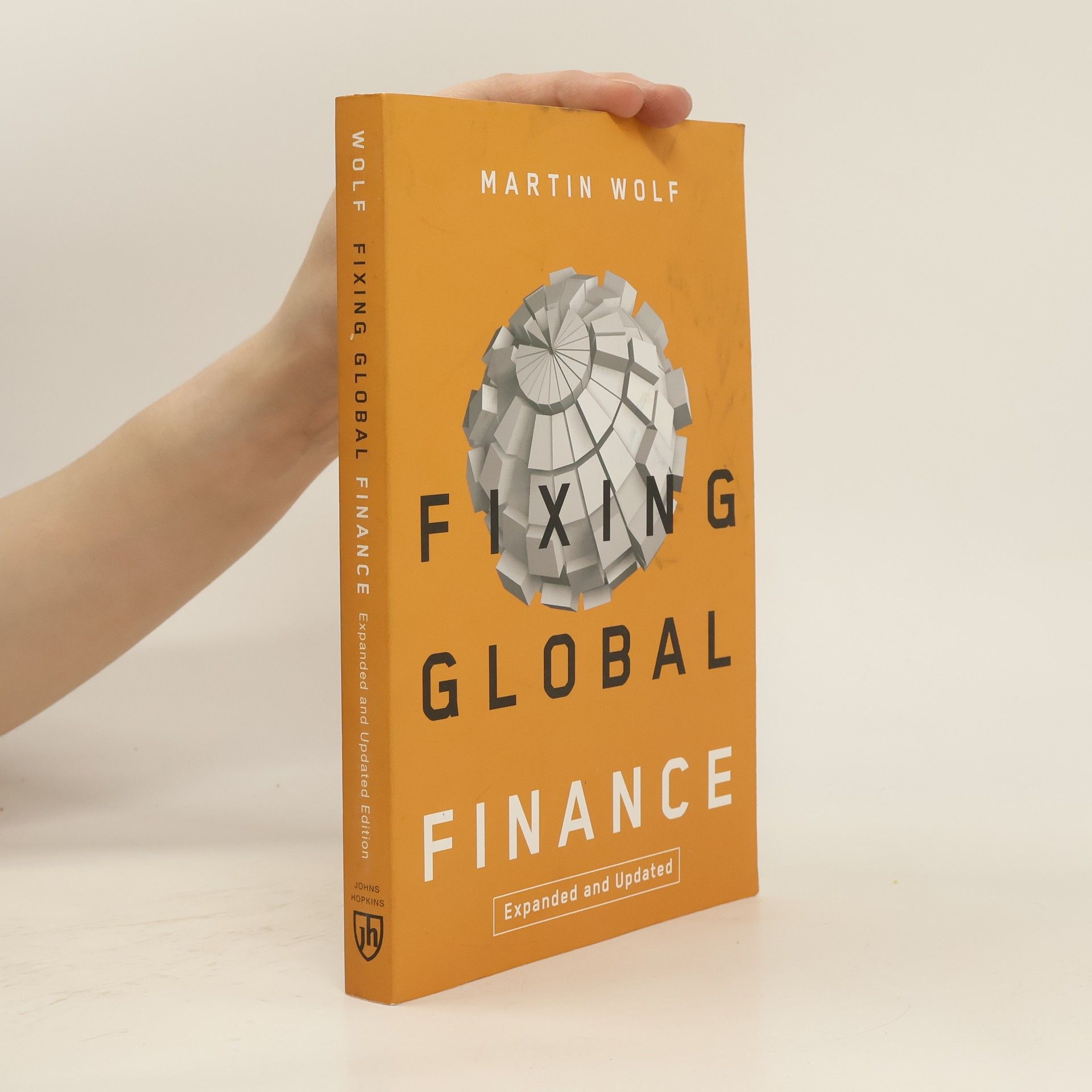The Crisis of Democratic Capitalism
- 496 pages
- 18 hours of reading
Liberal democracy is in recession and authoritarianism is on the rise. The ties that ought to bind open markets to free and fair elections are being strained and spurned, even in democracy's notional heartlands. Around the world, powerful voices argue that capitalism is better without democracy; others that democracy is better without capitalism. This book is a forceful rejoinder to both views, offering a deep and lucid assessment of why the marriage between capitalism and democracy has grown so strained and making clear why a divorce would be an almost unthinkable calamity. Wolf argues that for all its recent failings - slowing growth and productivity, increasing inequality, widespread popular disillusion - democratic capitalism remains the best system and that citizenship is not just a slogan or a romantic idea; it's the only concept that can save us.
